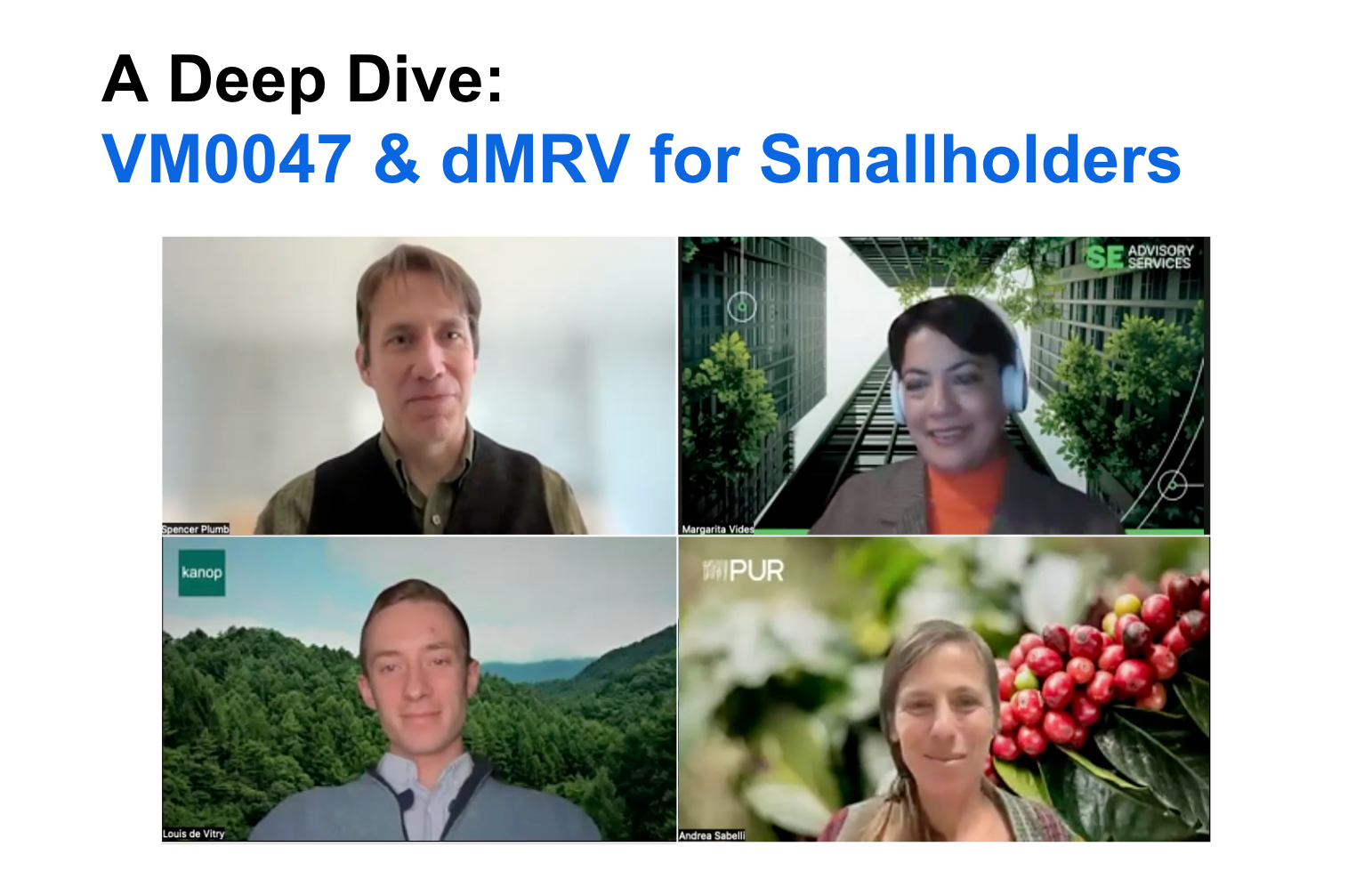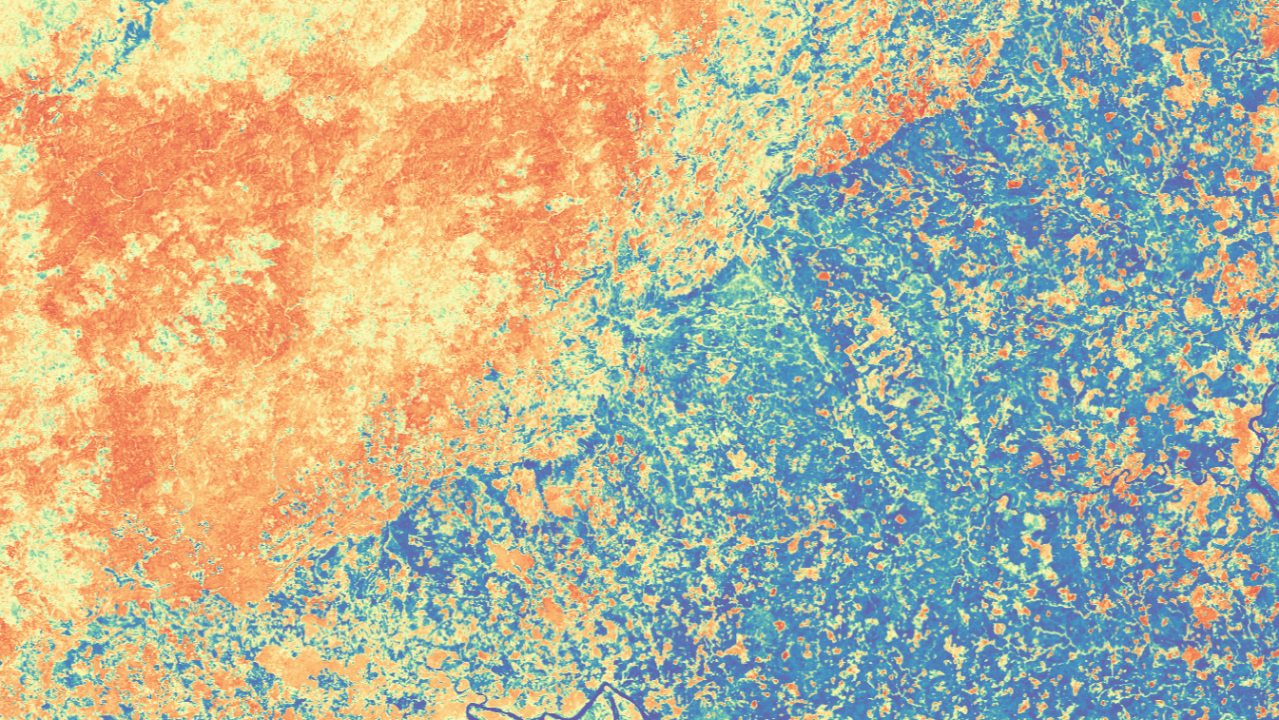Nature-based Solutions
Is Kanop compatible with Verra Verified Carbon Standard (VCS), Gold Standard and other standards?
Yes, Kanop's platform is designed to support all major carbon standards including Verra VCS, Gold Standard, BioCarbon Standard, and Isometric. Our satellite-based MRV technology aligns with methodological requirements for nature-based projects throughout the entire project lifecycle.
We provide seamless support from eligibility assessment through baseline establishment to ongoing monitoring and verification. Our measurements are scientifically validated and fully auditable, delivering the transparency and accuracy essential for successful project certification and investor confidence.
How do you support Afforestation, Reforestation, and Revegetation (ARR) project development?
Kanop supports ARR projects with a comprehensive set of specialized tools throughout their lifecycle. During planning, we help identify optimal planting locations, verify methodological eligibility across standards, and assess baseline conditions with historical land use analysis.
Our project design tools include crediting projections based on forest carbon modeling, performance benchmark establishment, and development of monitoring plans that satisfy certification requirements.
For implementation and monitoring, we deliver regular assessments of carbon stock changes, detect disturbance events, and prepare robust documentation for verification bodies.
What are the different data products available?
Kanop offers two complementary data products designed to support your entire project development lifecycle.
Our Screening product provides a high-level assessment with 25-meter resolution data on canopy cover, forest cover, above and belowground biomass, canopy height, and carbon stocks. It's ideal for initial project evaluation and opportunity assessment.
Our Monitoring product delivers enhanced precision with either 10 or 25-meter resolution, including everything in Screening plus field measurement recalibration capabilities and uncertainty quantification with 95% confidence intervals. This comprehensive solution supports project certification, ongoing verification, and regulatory compliance reporting.
What indicators does your platform provide?
Our platform delivers a comprehensive suite of environmental indicators accessible through intuitive maps and interactive dashboards. These include vegetation structure metrics (canopy cover, forest cover, canopy height, tree height), carbon metrics (aboveground biomass, belowground biomass, carbon stock, CO2 equivalent), and biodiversity assessment through the Rao's Q diversity index. All indicators are available as both current states and change over time.
Is ground data necessary?
While our AI models deliver accurate results without ground data, incorporating your field measurements can significantly enhance precision and reduce uncertainty. This recalibration process is especially valuable for meeting specific certification requirements such as those in Verra's VM0047 methodology. Our platform makes integrating field data straightforward, allowing you to maximize both accuracy and cost-efficiency based on your project's specific needs.
Is Kanop capable of generating baseline data for both static and dynamic baseline approaches?
Yes, we effectively establish both static and dynamic baselines for carbon projects. For static baselines, our platform provides historical data back to 2000, creating fixed reference points for measuring project performance.
For dynamic baselines (like VM0047), we support the entire process - from selecting representative project plots and matching control plots using k-nearest optimal matching, to monitoring stocking index over time and deriving performance benchmarks.
Which allometric relations are used?
At every stage of calculation, we employ a range of specific allometric relations tailored to the biome under consideration. These relations play a crucial role in determining important metrics such as aboveground biomass, belowground biomass, and carbon stock. Users can configure their own allometric relationships directly on the platform to customize calculations for their specific project needs.
How accurate is the estimation of the aboveground biomass?
Our aboveground biomass measurements have been rigorously validated against independent reference data, including global LiDAR GEDI datasets and region-specific research from tropical forests in Brazil. These validation studies confirm our models achieve a Mean Absolute Error of approximately 15 tonnes of dry matter per hectare across diverse ecosystems.







